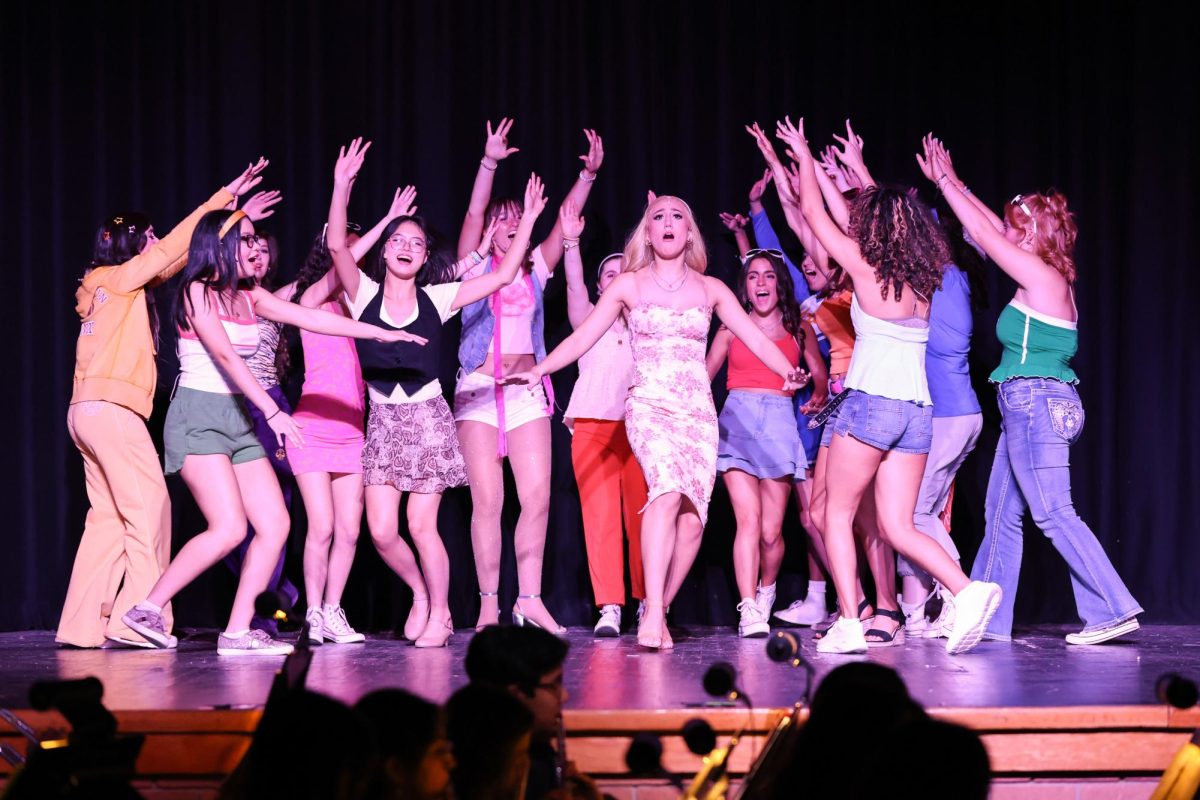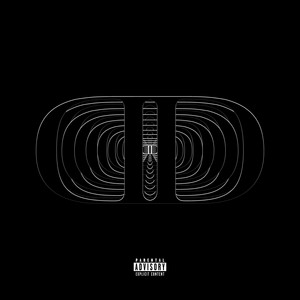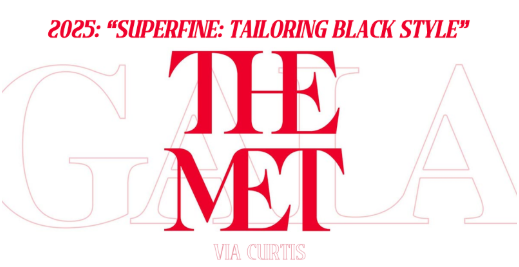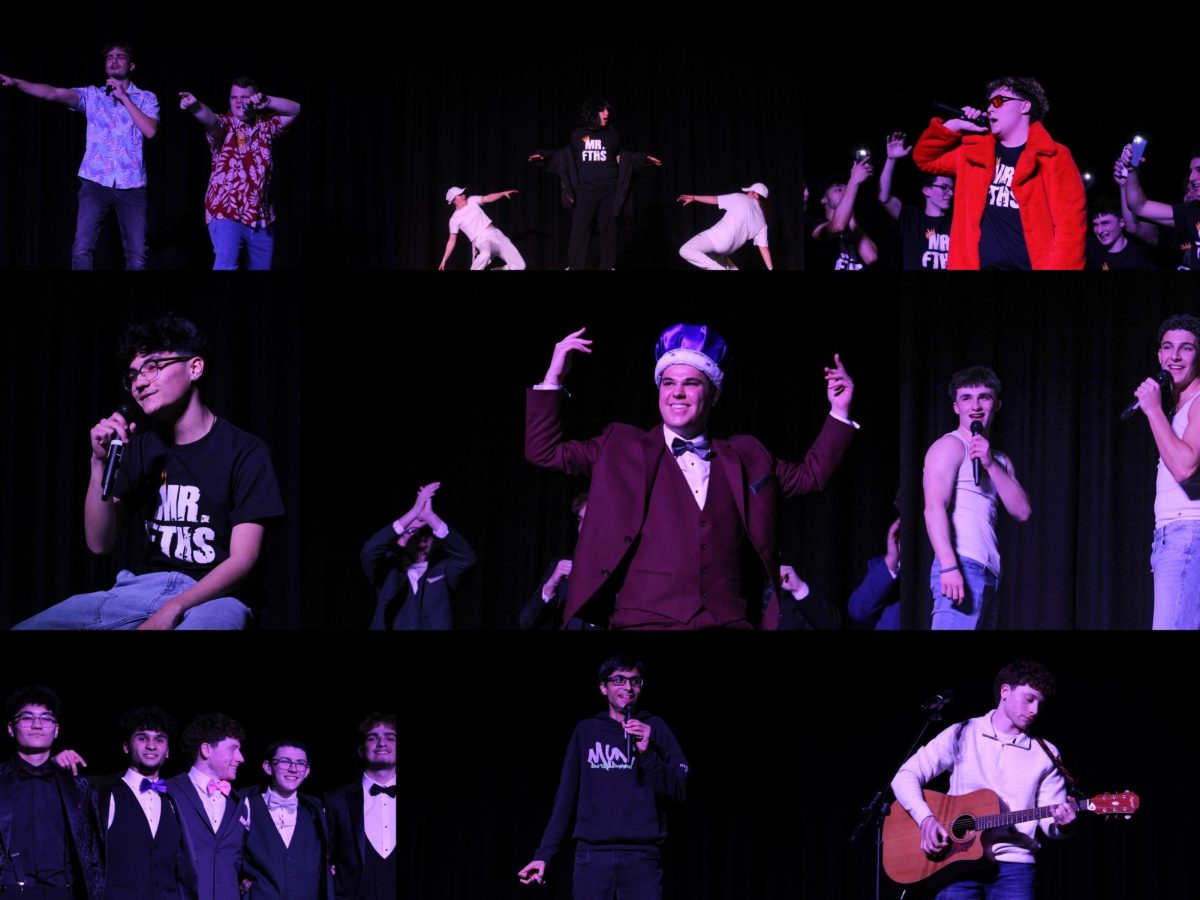Reed Books: Ninth House
January 18, 2021
Ninth House is Leigh Bardugo’s debut into the adult fiction world, venturing outside of her well-traveled young adult path. She keeps fantastical elements in the novel – why fix it if it ain’t broken – but matures the language and themes to an adult level. Set in the campus of Yale, Ninth House follows Alex Stern through her work at Lethe, one of the nine secret and magical societies that make their homes in New Haven. Lethe’s job is to supervise the rituals of these societies, making sure that they are using the magic correctly and ethically. But when her mentor goes missing and a girl is murdered just a few weeks later, Alex knows that she is in way over her head.
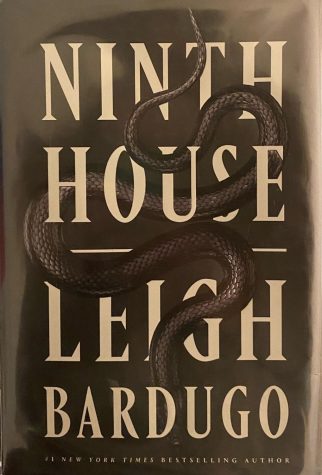
While the basic plot of this novel (student investigates a murder tied to secret societies at an Ivy League school) is not unique, Bardugo tackles the themes of classism and elitism that are so commonly rampant in these kinds of books. The protagonist, Alex (short for Galaxy) is from Los Angeles, and is raised by a single mother. She drops out of high school, gets hooked on a myriad of substances, sneaks out, and does just about everything a “bad kid” can do. She is only admitted to Yale because she can see Grays (ghosts) without having to do any magic. Dean Sandow fakes a few paintings for her and they let her in on a full ride artistic scholarship, much to the surprise of everyone around her. Obviously, Alex feels alienated from the Yale crowd, keeping mostly to herself and dealing with a heavy dose of Imposter Syndrome. She repeatedly voices her concern that those responsible for the murder(s) will just “get away with it” because they are rich and white. What’s really heartbreaking is that Alex isn’t wrong; these characters continuously use magic for unethical reasons, but they can get away with it if they throw on a tweed jacket and flash around their parents’ money.
Elitism is not a new issue, especially at an Ivy League school like Yale, but it’s rare for a novel to address it head on instead of dancing around the issue to get to the “real plot”; elitism is built into the real plot of Ninth House because it has to be. It surrounds Alex, so it would be naive to think that it has no effect on her and her actions. It is Alex’s anger towards elitism that motivates her to investigate an otherwise normal murder, and to suspect students who anyone else would immediately write off.
Overall, Ninth House is an enjoyable book. Its uniqueness does not derive from its thesis, but from its themes and incorporation of those themes into the protagonist. The ending leads doors open for an obvious sequel, and I hope Bardugo decides to follow through with the series.









